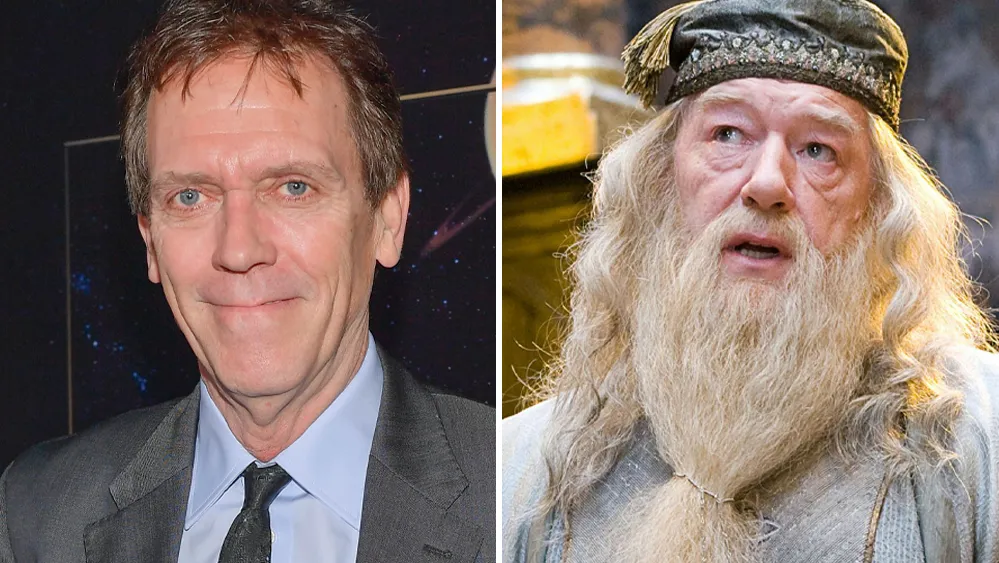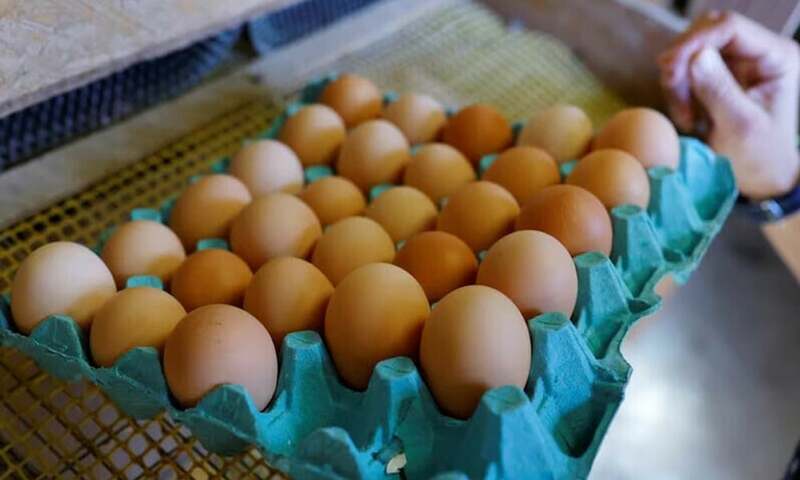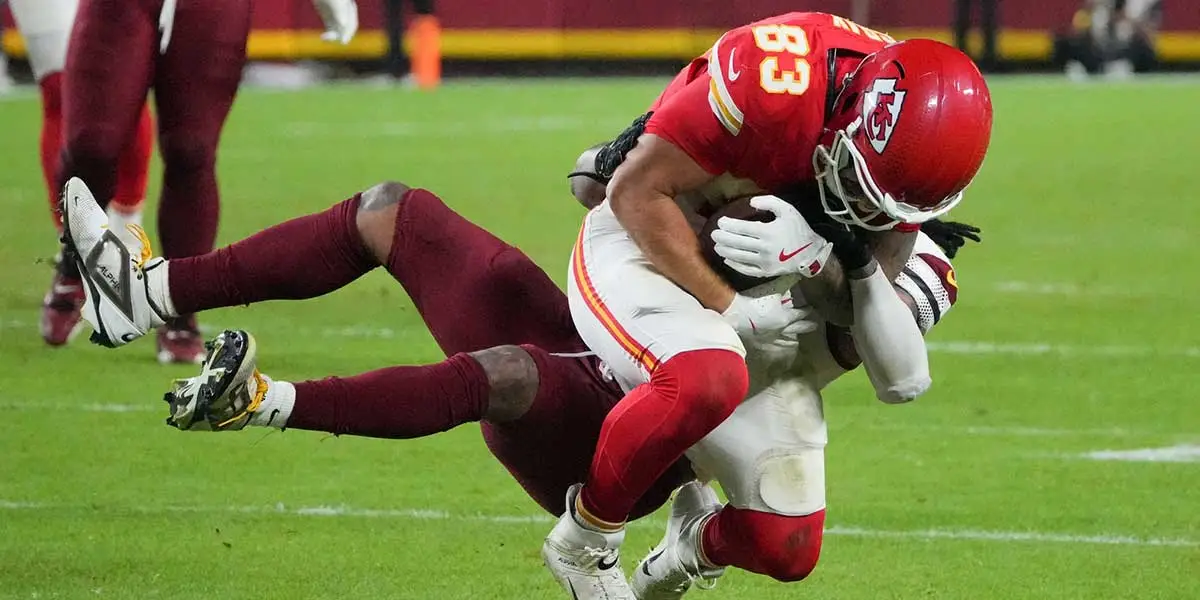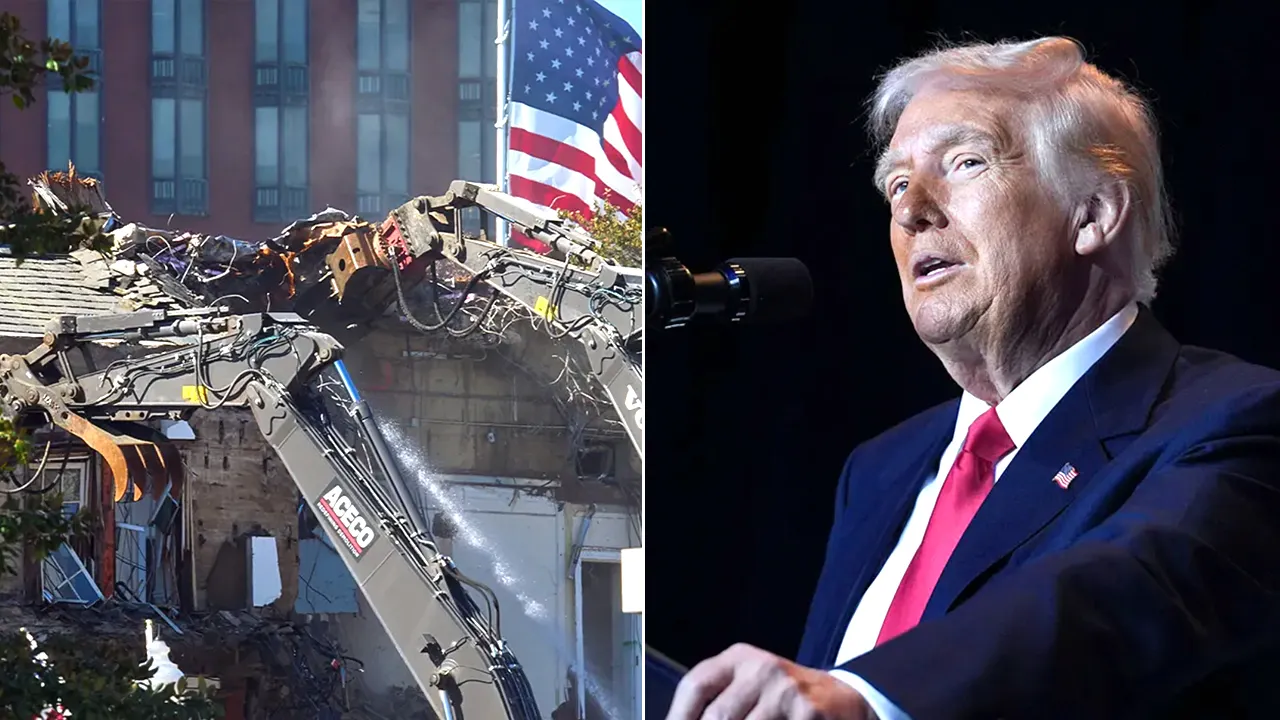Copyright Variety

There’s a new Dumbledore at Hogwarts, and fans of the medical drama “House” will surely recognize the voice. Hugh Laurie is putting on the wizard robes of Album Dumbledore in Audible‘s “Harry Potter” audio book series. “The Sorcerer’s Stone,” the first book in the lauded franchise, is now available to listen to on Audible, and each subsequent book will release each month. The “House” star is one of many Hollywood actors recruited for this new telling of “Harry Potter.” The Hogwarts staff is filled with Riz Ahmed as Prof. Snape, Kit Harington as Gilderoy Lockhart, Keira Knightley as Dolores Umbridge, James McAvoy as Mad-Eye Moody, Michelle Gomez as Prof. McGonagall and many more. Harry, Ron and Hermione are played by newcomers Frankie Treadaway, Max Lester and Arabella Stanton — who’s also starring as Hermione in HBO’s upcoming TV series. The trio of youngsters will play the leads in the first three books, and then Jaxon Knopf, Rhys Mulligan and Nina Barker-Francis will take over for the final four novels. With Variety, Laurie discusses finding his voice for Dumbledore, joining the “dynasty” of actors playing the wise wizard and why he’s glad he didn’t have to audition for the role. To start off, what’s your relationship like with “Harry Potter”? Have you read the books or watched the movies? Before you reel in amazement, I will have to confess to you that I did not read the books. But before you fall over, I’ll tell you why that was. My longtime friend, colleague and incidentally godfather to my three children, Stephen Fry, did the U.K. audio book. On long car journeys to back and forth to Scotland, my three children insisted on hearing their godfather read the book, so I felt like I’d become fairly expert without ever actually seeing it written on a page. I hope you will not take that as a lack of commitment or enthusiasm. I greatly enjoyed his performance, although 7,000 hours of Stephen Fry talking at me is — well, I was getting up to the limit by the end. Did you read the books after booking the Dumbledore role? I did, I read them in manuscript form for the way we recorded. It was very enjoyable to revisit that world, very stirring, funny, emotional and mythic in its way. It was a great honor to be part of it. While you were reading the books, what was your take on Dumbledore? I was deeply conscious of the lineage, starting, obviously, with Richard Harris, then Michael Gambon, Jude Law, Jim Dale and Stephen Fry. It’s quite a dynasty to join. It was the humility. This wise, gentle character had been inhabited and portrayed by such eminent people. It was incredibly flattering to be invited to follow on. My first thought was, “Don’t mess it up. Don’t let these people down.” That is my overriding thought when taking on any acting engagement. Someone said to me recently, “My whole goal in with every acting job is to avoid shame.” And that that sums up my position, too. How did you make your Dumbledore different from the previous versions? I didn’t want to be different for difference’s sake. I suppose I was sort of influenced by all of them, particularly by Stephen because his voice was still ringing in my ears years later. There were moments when I caught myself doing inflections. I caught myself almost doing an impression of Stephen, because I thought some of his inflections were so perfect that I had to guard against that. That would become weird to have me doing an impression of him. I suppose he was probably the biggest influence, but they were all influences. They all brought a gravity of kindness and wisdom to the role. That had to remain. I was not going to go punk on Dumbledore. I don’t think that would satisfy anybody. Did you have to audition for the role? I did not. I feel slightly ashamed that I was not tested. I should have been tested, but no, I didn’t. One of the great privileges of having been in this business for so long is that people know who you are know and what you can do. You are spared very often the mortifying embarrassment of actually trying to sell yourself to a producer or a director, especially because I’m so terribly bad at it. I think I only have got two roles in 40 years by auditioning. I’m just really, really bad at it. I think most actors would say that they find it a pretty horrible process. Some enjoy it, I think, but not many. Did you change his voice as the books progressed and he gets older? It felt like we were doing it for so long that my age was tracking his. By the time I finished, I felt like we’d been doing it for 25 years. As time goes on, he becomes a little more frail and croakier. You never know how people are going to listen to these things, whether they’re going to listen in one mad weekend where they take ayahuasca and do it whole. Kids, don’t do that. You never know whether people are going to listen to it over a protracted period. It may be that people will listen to it over a year, five years. It could be anything. Did you base the voice on any real-life people or historical figures? My suspicion is that J.K. Rowling had deliberately set out to create an amalgam of many characters who have appeared in these stories over the years. I could imagine John Gielgud or Michael Redgrave or people like that lending their gravitas and their beautifully projected tones. They all went to drama school where they learned that stuff — I didn’t. I think it’s a mixture of many different sources that she was influenced by. There are so many complicated character and spell names, did any of them trip you up while recording? The weird thing about tongue twisters is that they can come out of nowhere, like a horse who won’t go over a jump. It could be the lowest jump on the whole course, and suddenly you can’t say, “It isn’t, is it?” It can be the simplest thing, and it comes out of nowhere. You look at these great, long, complicated pieces of prose and think it’s going to be a mouthful and that seems to come out fine. But the really simple thing can sometimes trip you up, and you don’t know why and you feel people’s eyes rolling on the other side of the glass. Oh my god, is this guy ever going to get it right? But eventually you do. How long did the entire recording process take? It all went a bit vague in my head in the middle of it. We were all sitting in the studio thinking, “How long we’ve been here. Is it it a day or is it a year and a half? We can’t really tell.” They were quite long days, quite intense. I was probably going in for about two weeks, but they were long days with a lot to get through, but a wonderful crew of people helping to put it together. Then, of course, it was very fastidious and carefully thought-out editing. They put the whole thing together from the assembled bits, because they record every actor separately. It’s one of the great shames about this process that you don’t get to interact with the other actors, because it’s such a magnificent cast. It’s a gargantuan undertaking with the care and precision of the recordings and soundscape that they’ve generated, because it’s a strange hybrid. This is not a narrated novel, and yet it’s neither a dramatization. It’s a mixture of the two.



